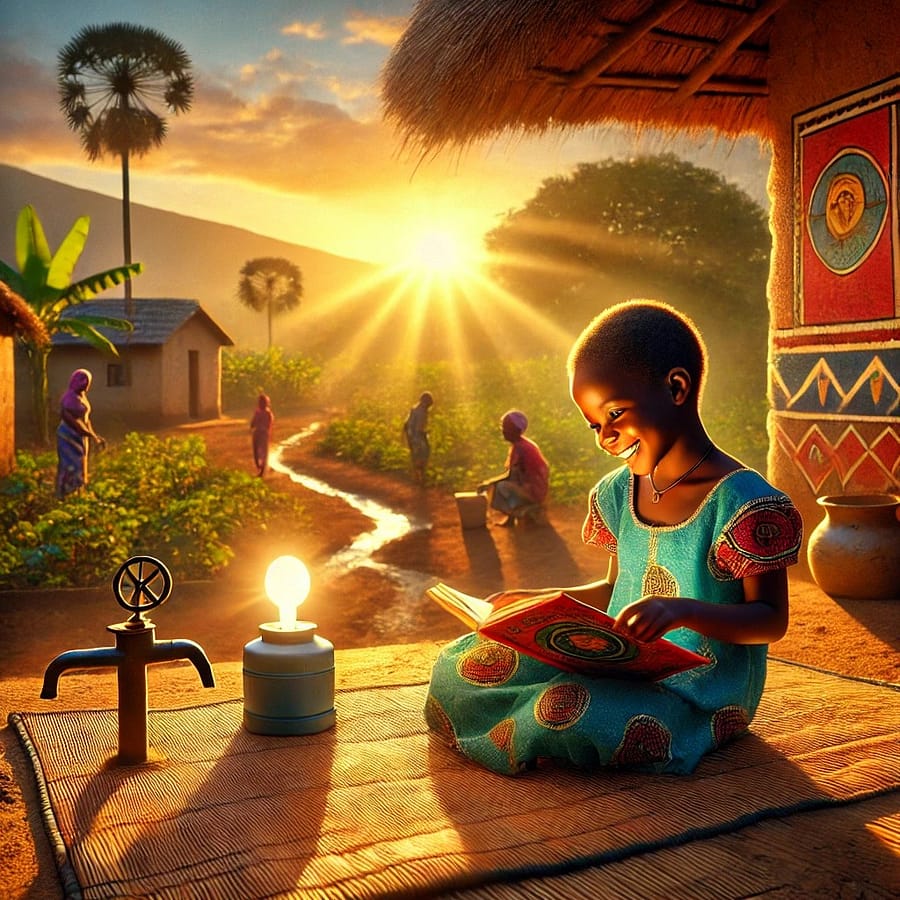
Imagine a child sitting in a classroom, struggling to understand the teacher because the language feels foreign. This is the reality for millions of African children, but it doesn’t have to be. Mother tongue education—teaching in native languages—holds the key to transforming African education. It’s time to prioritize our African languages, relegating colonial languages to second or third place. Here’s why this shift is essential.
The Cognitive Power of Mother Tongue Education
Learning in one’s mother tongue boosts cognitive development. Research, including UNESCO studies, shows that children excel in literacy and numeracy when taught in the language they speak at home. Understanding comes naturally, laying a strong foundation for critical thinking and innovation—skills Africa needs to thrive.
Preserving Cultural Identity and Pride
Language is the heartbeat of cultural preservation. It carries our stories, proverbs, and heritage. Teaching in African languages fosters pride and strengthens African identity. Tools like AiReelGenerator and Renderlion empower educators to create engaging content in local languages, ensuring our traditions endure for future generations.
Inclusivity for All
Inclusivity is a cornerstone of educational reform. In rural areas, where colonial languages are less familiar, mother tongue education makes learning accessible. Supporting this shift requires practical solutions: solar chargers power schools in remote regions, portable water pumps provide clean water, and mosquito repellents protect students from malaria, ensuring they can focus on learning.
Why Colonial Languages Should Be Secondary
Colonial languages were imposed, often erasing local tongues and perpetuating a colonial mindset. Decolonization in education means prioritizing African languages as the foundation while treating colonial languages as tools for global engagement—not replacements. Countries like Japan thrive using their native languages in education, adding others later. Africa can follow suit.
Addressing the Counterarguments
Critics say managing multiple languages is complex. Yet, phased programs and technology can simplify this. Others argue colonial languages are vital for global integration. Bilingual models prove otherwise—students can master both. It’s about balance, not exclusion.
Leadership for Change
Driving this shift requires vision. The MBL Emotional Intelligence course equips leaders with the skills to champion educational reform and self-reliance. Africa’s future hinges on such leadership.
A Call to Action
Embracing mother tongue education is a step toward African sovereignty. It’s time to reclaim our languages and build a future where every child learns with pride. Join the movement—sign the petition to rename Kotoka Airport and amplify this cause.
